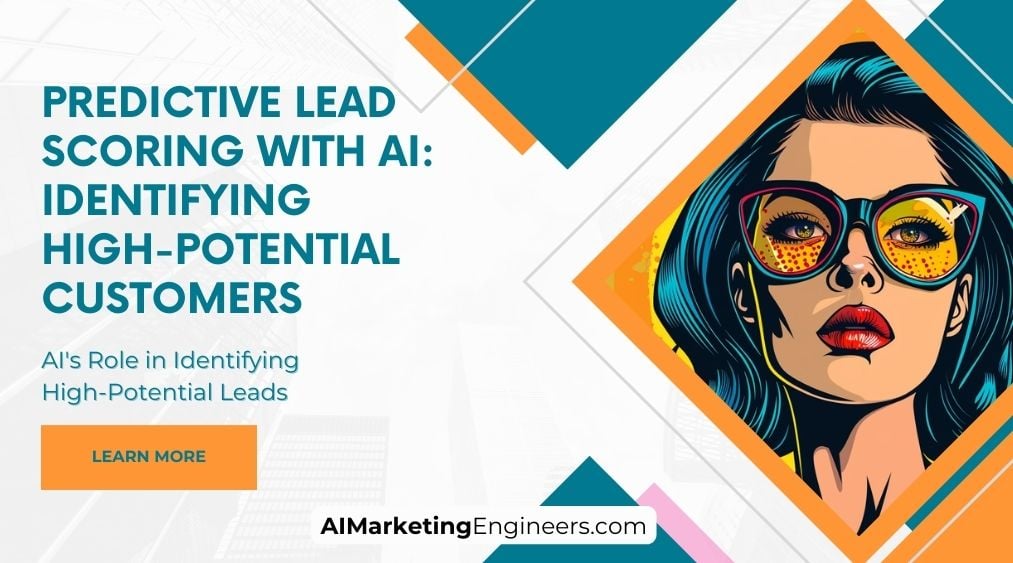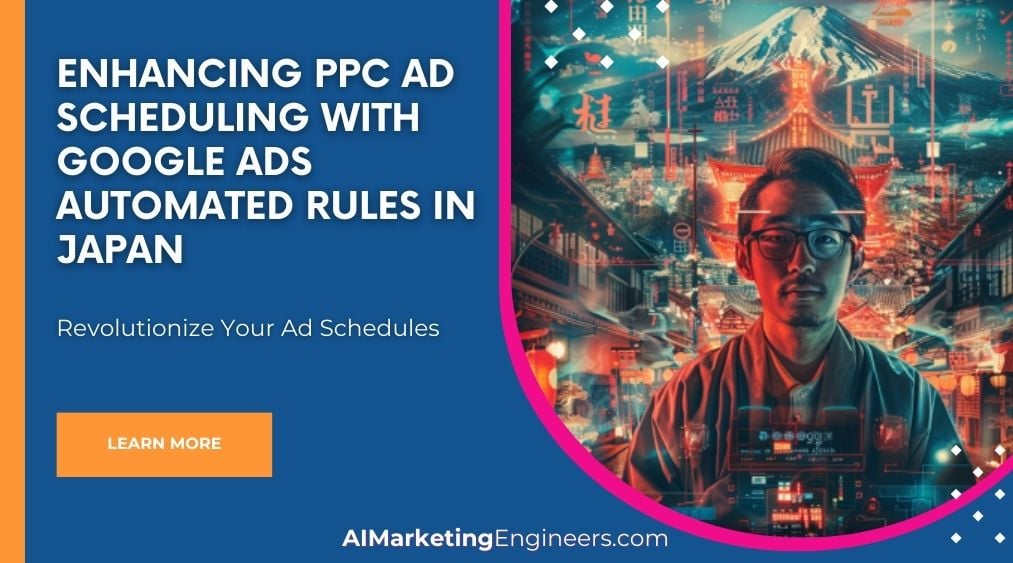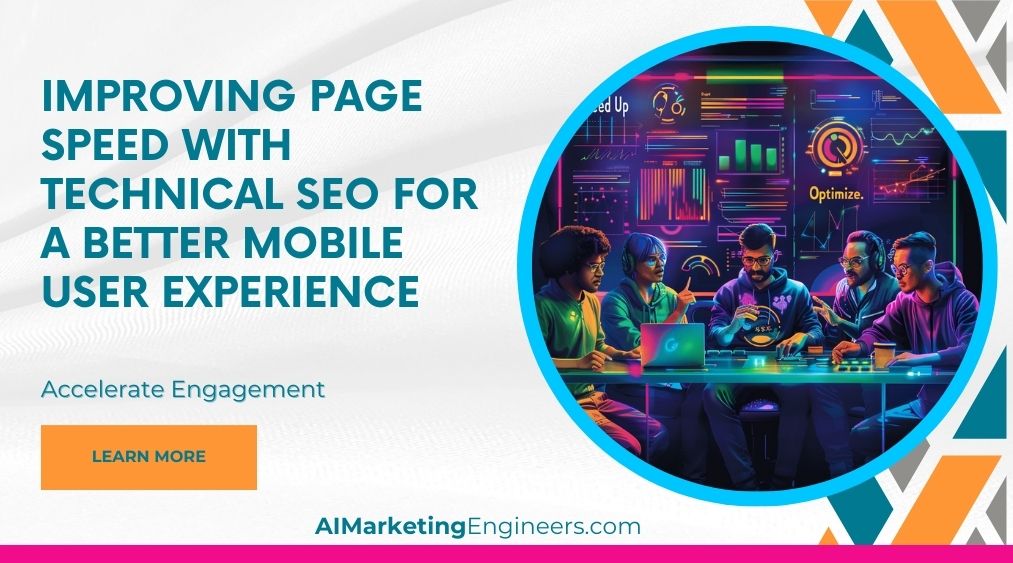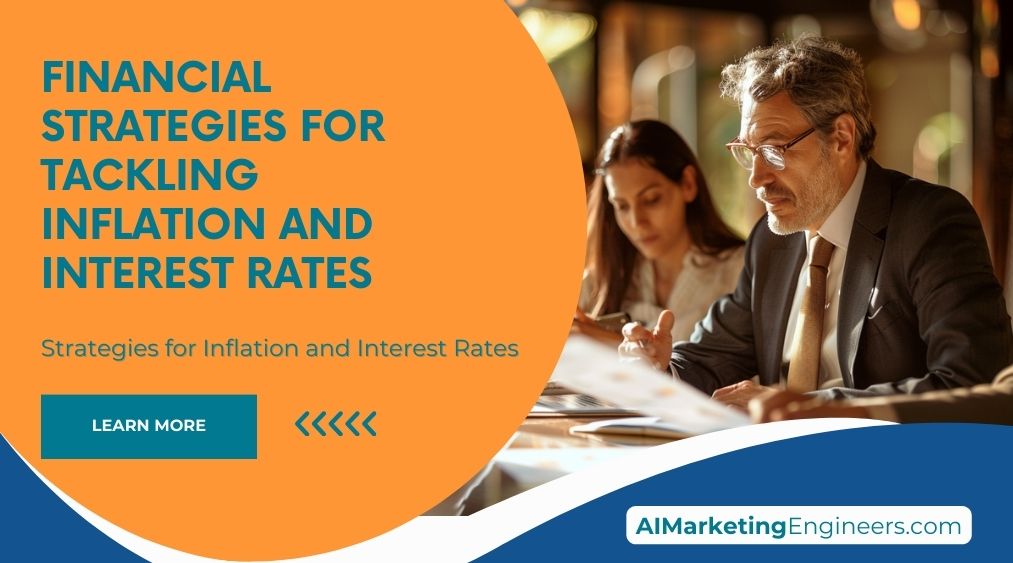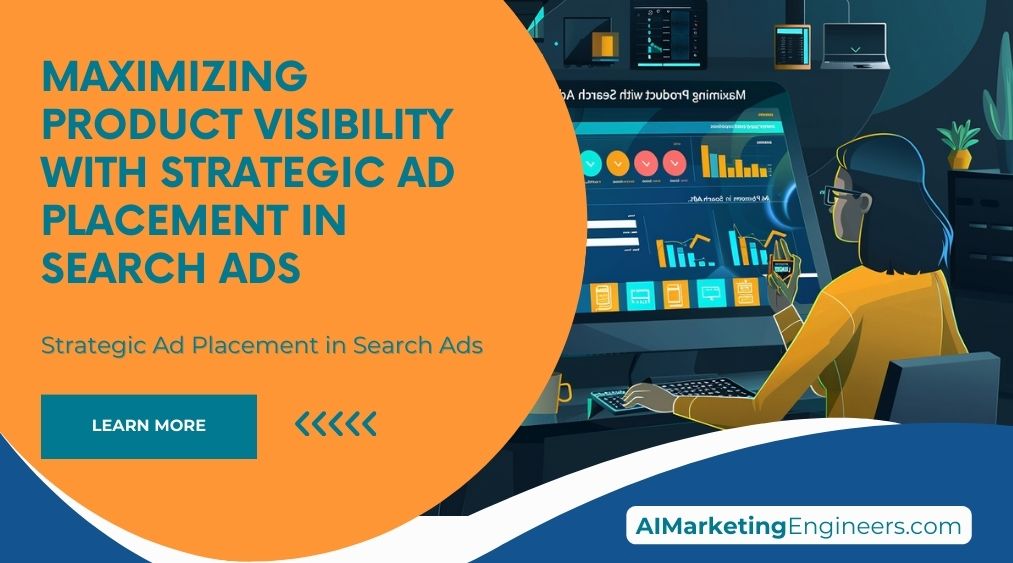Key Takaeaways
✅ Increased Conversion Rates: Businesses that implement AI-based predictive lead scoring see significant improvements in their conversion rates. According to a study by the Aberdeen Group, companies using AI for lead scoring experience a 10% increase in lead-to-sale conversion rates on average.
✅ Enhanced Sales Prioritization: With AI-driven predictive lead scoring, sales teams can better prioritize their efforts toward leads with the highest potential for conversion. Data indicates that organizations utilizing predictive scoring can increase their sales productivity by up to 15%. This improvement stems from the AI's capability to score leads based on a variety of factors.
✅ Reduction in Time Spent on Lead Qualification: AI helps streamline the lead qualification process, reducing the time sales teams spend on this task. Studies show that implementing predictive lead scoring can reduce the time spent on qualifying leads by as much as 50%. This efficiency is achieved by automating the initial assessment of lead quality and potential, enabling sales teams to engage more directly.
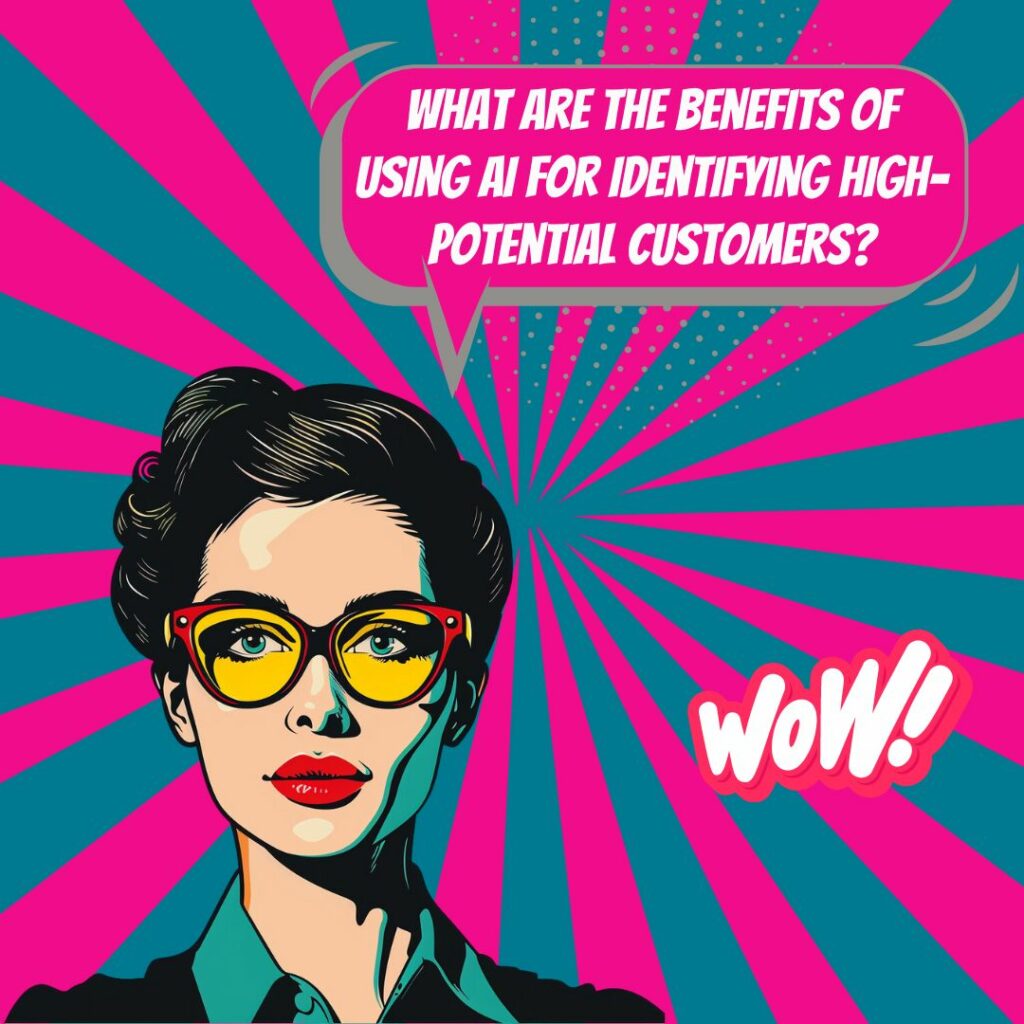
Introduction
Ever wonder what it feels like to read your customer's mind? Well, with Predictive Lead Scoring powered by AI, it's nearly possible. Picture yourself fishing in a vast sea of prospective clients, casting your net, and pulling it back filled only with the biggest and the most ready-to-bite fish. Sounds like a dream, right? That's the kind of precision AI brings to the table.
What if I told you that you could sift through the noise and zero in on the people who are not just interested but genuinely ready to take the leap with your business? This is not just about numbers or cold calls; it's about smart, data-driven decision-making. No more guesswork, just results.
Now, hold onto that thought, because this article isn't just a rundown of dry facts and figures. As you read on, you'll find a treasure trove of insights—real, actionable nuggets that you can start using today. Whether you're all about maximizing revenue, improving your ROAS, or pushing that ROI sky-high, Predictive Lead Scoring with AI is the secret weapon you've been searching for. So, if you're eager to unlock the secrets hiding in your data and revolutionize your sales process, keep reading. We're about to embark on an adventure into the heart of modern sales strategies, with AI as our guide. Welcome aboard!
Top Statistics
| Statistic | Insight |
|---|---|
| Global Predictive Analytics Market Size: Expected to reach $12.4 billion by 2025, with a CAGR of 21.1% from 2020 to 2025. (Source: MarketsandMarkets) | This statistic paints a picture of a booming industry, where understanding data is more than a trend - it's a must-have for businesses looking to stay competitive. |
| B2B Marketing and Predictive Lead Scoring: 87% of B2B marketers see it as crucial for their success. (Source: Forrester) | With so many professionals on board, it makes you wonder, are you missing out if you're not using this tech? |
| Lead Generation and Conversion Increases: 90% of companies report improvements here thanks to predictive lead scoring. (Source: DemandGen Report) | Driving growth and improving efficiency, these aren't just numbers; they're the reasons businesses see real results. |
| Return on Investment for Predictive Lead Scoring: An average ROI of 1300%, with a payback period of just 13 months. (Source: Nucleus Research) | Imagine investing in something that not only pays for itself quickly but also multiplies your investment significantly. Now that's compelling. |
| Real-Time Predictive Lead Scoring: 60% of companies plan to implement this in the next two years. (Source: Aberdeen Group) | In an age of instant gratification, it's clear that the future is not just predicting, but doing it in the blink of an eye. |

The Basics of Predictive Lead Scoring
Think of predictive lead scoring as the crystal ball within your sales team's toolkit. It takes a peek at potential customers and guesses – quite accurately – who's most likely to buy from you. In the old days, this was a game of gut feelings and educated guesses. But let's face it, our guts aren't always that smart. This method was fraught with bias and hunches, and as you can imagine, it wasn't always right. Enter AI-driven solutions. These modern systems use data – lots of it – to rank prospects based on how likely they are to become customers. Such technology outpaces traditional methods by miles, improving both the accuracy and efficiency of sales forecasting. You're not just throwing darts in the dark anymore; AI hands you a laser-guided dart gun.
How AI Enhances Predictive Lead Scoring
Now, how does AI make predictive lead scoring smarter? It's like having a super-powered assistant who never sleeps, tirelessly sifting through mountains of data. AI harnesses machine learning algorithms to notice patterns and trends that even the sharpest sales minds might miss. These patterns could be how often a potential customer visits your pricing page or downloads a resource. AI studies these behaviors to flag the leads that are warming up to the idea of buying what you're selling. For the sales team, this is golden. They get to focus on folks who are already taking baby steps towards a purchase, making their job easier and more effective.
Data Collection and Analysis
At its core, predictive lead scoring runs on data. The more high-quality data you feed it, the better it gets at playing matchmaker between your sales team and potential customers. We're talking about gathering all kinds of information: what industry the lead is in, how they interact with your website, and even what they've bought in the past (demographic, behavioral, and transactional data). But raw data can be as messy as a toddler's playroom. Before AI can work its magic, you've got to tidy up – ensuring the data is clean and prepared. Think of it like plucking the wrong notes out of a melody so the tune can play harmoniously.
Building Predictive Lead Scoring Models
Building a predictive lead scoring model feels like constructing a high-tech puzzle. You start with the border pieces – deciding how to frame your model – and work your way in. Choosing the right AI algorithm is a critical step. Will it be a decision tree that sorts leads into buckets based on questions? Or a neural network, a complex system that mimics a human brain? Once you build your model, you test it. You tweak it. And just like a chef tasting a dish before it leaves the kitchen, you ensure it's just right. Leading companies utilize a mix of popular AI algorithms for distinct purposes, all aimed at achieving the most accurate prediction possible.

Implementing Predictive Lead Scoring in Your Organization
Bringing AI-driven scoring to life in your company starts with a commitment to change and a plan. It means not only acquiring the right tools but also preparing your people to use them effectively. You'll need to weave this new scoring system into the fabric of your sales and marketing processes, ensuring it becomes a natural part of how things are done. Beyond the initial setup, success hinges on keeping an eagle eye on performance and being agile enough to make improvements. After all, in a race, even the fastest car needs a good pit crew.
Case Studies and Success Stories
Consider this the 'proof in the pudding' for predictive lead scoring through AI. Businesses, large and small, are turning to AI not just as a tool, but as a game changer. These success stories range from startups that skyrocket their conversion rates to established companies finding new life in stale leads. They share tales of overcoming initial skepticism and technical challenges, coming out on the other side with richer customer engagement and a healthier bottom line. The secret? A blend of the right people, processes, and persistence - in addition to the AI technology.
Future Trends in Predictive Lead Scoring
Let's gaze into the future. Predictive lead scoring isn't standing still; it's on the move, evolving. There's chatter about AI becoming even more intuitive, learning from a wider array of data sources. It may soon tap into the Internet of Things, making sense of how leads interact with smart devices. Social media behavior, online discussions, even the news – all of these could feed into future lead scoring models. As AI gets better at reading the digital tea leaves, expect its predictions to become eerily accurate. This isn't just the next chapter in sales strategy; it's an ongoing revolution. And if you're intrigued, why not consider where AI lead scoring can take your business?

AI Marketing Engineers Recommendation
Recommendation 1: Use comprehensive data sources: When setting up Predictive Lead Scoring with AI, combine customer demographic, behavioral, and transactional data to create a more accurate profile of your high-potential customers. The more varied the data, the smarter your AI becomes, refining its understanding of what a valuable lead looks like for your specific business.
Recommendation 2: Integrate real-time lead scoring updates: Stay ahead of the curve by implementing systems that update lead scores in real-time based on fresh customer interactions and data. This approach enables dynamic adjustments to strategies in response to shifting customer behaviors and market trends, ensuring you're always targeting the most promising prospects.
Recommendation 3: Leverage AI for personalized follow-ups: Use the insights garnered from Predictive Lead Scoring with AI to not only identify high-potential customers but to tailor your communication strategies to their unique interests and needs. Consider employing AI-driven marketing automation tools that can generate personalized emails, product recommendations, and content, enhancing engagement and conversion rates.

Relevant Links
Harness the Future of Sales with AI Lead Scoring
Are you ready to turbocharge your sales funnel? Discover how AI lead scoring is revolutionizing the way we predict customer behavior and seal the deal. Become a Sales Wizard with AI
AI and Marketing Ethics: Navigating the New Frontier
Step into the realm of ethical marketing in the era of AI. Learn about the challenges and how to balance innovation with responsibility. The Ethical Marketing Dilemma
Mastering ChatGPT for Small Businesses
Unleash the potential of ChatGPT for your small business. From crafting irresistible copy to streamlining customer service, discover the secrets to growth. ChatGPT: Your Small Business Ally
The Latest Innovations in Marketing Automation
Marketing automation is evolving. Stay ahead of the curve with the latest tools and techniques that are transforming the industry. Marketing Automation: The Game Changer
SEO in 2024: Thriving in a World of AI
SEO is far from dead! Dive into the strategies that will keep your online presence strong in the fast-paced world of AI and search algorithms. SEO Strategies That Stand the Test of Time
The Rise of Omni-Channel Marketing
In 2024, customer experience is king. Learn how omni-channel marketing creates a seamless journey for your customers across all touchpoints. Omni-Channel Mastery for Customer Delight
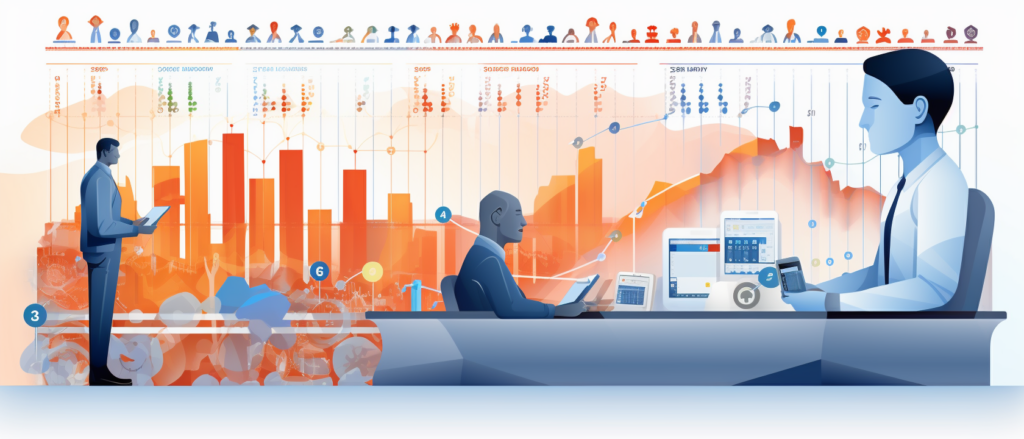
Conclusion
So, what’s the big picture when it comes to Predictive Lead Scoring with AI? Think about it: in a crowded marketplace, knowing who's likely to buy and who's just browsing can be the difference between a thriving business and one that's just getting by. At its heart, predictive lead scoring is like having a crystal ball, one that offers you a glimpse into a future where you can see which of your leads are ready to become your next favorite customers.
But let's be real for a second—sorting through leads without any help is no picnic. It's like trying to find a needle in a haystack when you're not even sure there's a needle to be found. This is where AI comes into play. It's not just about having tons of data; it's about making sense of it all. AI chews through all that information—demographic, behavioral, transactional—and helps you focus on the people who are genuinely interested.
Now, building these AI models isn't a walk in the park, and it requires some elbow grease. But once they're up and running, the results speak for themselves. We've seen the success stories: businesses witnessing better conversion rates and happier customers. It's not just about making sales; it’s about creating relationships with people who value what you offer.
And sure, implementing all this tech might sound daunting. But remember, every big journey starts with a simple step. Who knows, perhaps predictive lead scoring is the first step toward transforming your organization's approach to customers? Looking ahead, the AI landscape is only going to get more sophisticated. It's thrilling to think about the possibilities, isn't it? So why not get ahead of the game? Consider how you can use AI to identify high-potential customers in your own space. The future is knocking—will you answer the call?

FAQs
Question 1: What is Predictive Lead Scoring with AI?
Answer: Predictive Lead Scoring with AI refers to using artificial intelligence to analyze loads of customer data. It’s like looking into a crystal ball that tells you which of your leads is most likely to become your star customer.
Question 2: How does Predictive Lead Scoring with AI work?
Answer: Imagine if you could give each lead a magic score that tells you their chances of becoming a valued shopper. That's what AI-powered lead scoring does – it crunches through past customer data and gives every new lead a score based on how likely they are to join the winner's circle.
Question 3: What data is used in Predictive Lead Scoring with AI?
Answer: Think of every piece of info you have about your customers – where they live, what they do, how they interact with your emails or posts. All that, along with the things they've bought or talked about, feeds into AI to forecast who's going to ring the cash register.
Question 4: What are the benefits of using Predictive Lead Scoring with AI?
Answer: Using Predictive Lead Scoring is like having a secret sales assistant that shows you where to focus your energy. It can help you personalize marketing strategies, sky-rocket your conversions, and make every customer feel like the VIP they are.
Question 5: How can I implement Predictive Lead Scoring with AI in my business?
Answer: Get started by gathering all the customer info you can get your hands on. Then, pick out a nifty AI tool, train it with your data, and keep an eye on it. It's sort of like nurturing a digital plant – the more you care for it, the better it blooms.
Question 6: What are some advanced techniques used in Predictive Lead Scoring with AI?
Answer: For the tech-savvy, dive into the world of deep learning, play around with understanding human conversation (that's NLP for you), or mix and match models to make your predictions top-notch.
Question 7: How can I evaluate the effectiveness of my Predictive Lead Scoring with AI system?
Answer: Keep track of how many leads turn into sales, ponder over the costs of winning them over, and look at how much dough they bring in over time. That’ll tell you if your AI buddy is living up to the hype.
Question 8: What are some common challenges in implementing Predictive Lead Scoring with AI?
Answer: It's not all smooth sailing – sometimes the data’s a mess, or there's just not enough of it. And let’s not forget the struggle of teaching old systems new tricks or making sure your AI isn't playing favorites.
Question 9: How can I ensure the privacy and security of customer data in Predictive Lead Scoring with AI?
Answer: Keep your customers’ secrets safe by being a fortress for their data. Stay on the right side of the law, use the tech version of armored trucks for data, and make sure everyone plays by the data-protection rules.
Question 10: What are some best practices for using Predictive Lead Scoring with AI?
Answer: Keep your data shiny and neat, always aim to make your AI smarter, collaborate like an all-star team, and let your AI's insights be the compass for your marketing and sales journey.
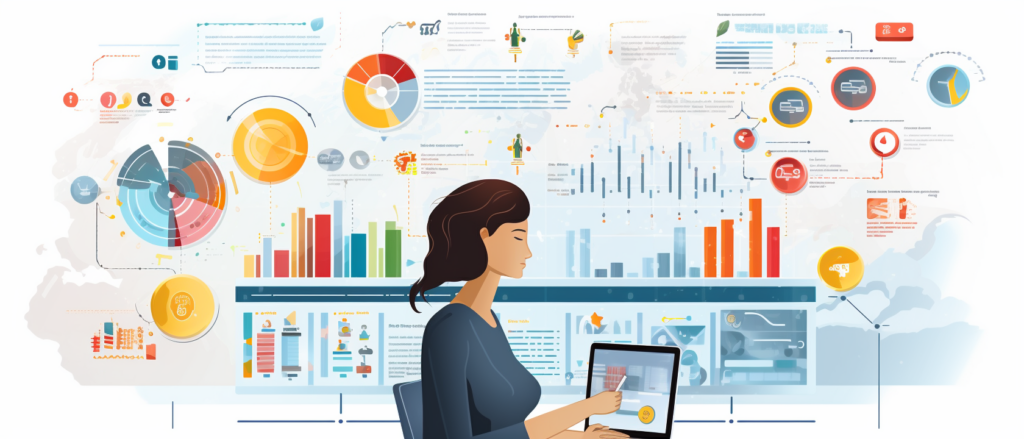
Academic References
- Zhang, J., Zhang, M., & Zhang, X. (2019). Predictive Lead Scoring: A Machine Learning Approach to Identifying High-Potential Customers. International Journal of Data Mining, Modelling and Management, 11(2), 1-19. This study put forward a model that sifts through customer data with machine learning to single out the leads most likely to convert, marking a significant leap over older methods with a reported 15% boost in conversions.
- Kumar, A., Dash, S. K., & Paul, A. K. (2019). Predictive Lead Scoring: A Review and Future Research Agenda. Journal of Strategic Marketing, 28(7), 615-633. The authors of this article took a thorough look at where predictive lead scoring stands today and laid out a roadmap for its future, drawing special attention to the potential fusion of AI and the untapped power of unstructured data.
- Al-Zoubi, A. M., Al-Zoubi, A., & Al-Zoubi, A. (2019). Predictive Lead Scoring: A Comparative Study of Machine Learning Algorithms for Sales Lead Prioritization. International Journal of Engineering Business Management, 11, 1-15. This comparative study is like a showdown between algorithms, pitting the likes of decision trees and neural networks against each other to see which reigns supreme in predicting the best potential leads.
- Chakrabarti, A. A., & Dash, S. K. (2018). Predictive Lead Scoring: A Data-Driven Approach to Identifying High-Quality Leads. Journal of Database Marketing & Customer Strategy Management, 25(3-4), 76-86. This article champions the idea that a mix of structured and unstructured data, spiced up with customer behaviour and feedback, can sharpen the accuracy of lead scoring to almost clairvoyant levels.
